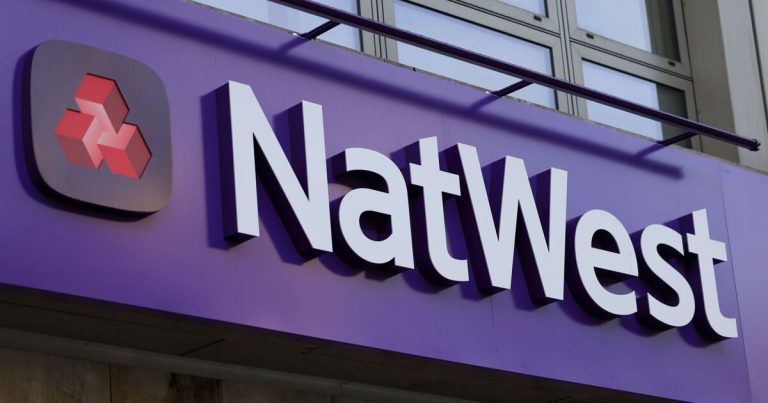
‘Outnumbered’ panel discusses a new report about younger workers complaining about their older co-workers.
“I’m surprised they gave me the promotion after all the complaining I’ve done this year” is a classic example of a humblebrag in the workplace — a career behavior that is likely to backfire for those who practice this, according to experts.
Humblebragging involves trying to appear modest or self-deprecating while at the same time boasting and singing one’s own praises.
This behavior, said Amy Morin, a psychotherapist in Marathon, Florida, “comes across as insincere and insecure.”
“The person tends to sound more like a narcissist by pretending they’re putting themselves down — when really, they’re looking for admiration,” said Morin, who is the author of the book “13 Things Mentally Strong People Don’t Do” and the host of the “Mentally Stronger” podcast.
CHATTY COWORKERS CAN HURT YOUR CAREER: HERE’S HOW TO FIX THE ISSUE
Saying something like, “I’m so embarrassed my Lamborghini hasn’t been washed in a while,” or “I can’t believe I just went on national TV with a wrinkle in my shirt,” are other examples of the behavior, she said.
‘Can annoy coworkers’
“Humblebragging is a backhanded compliment that people give themselves,” Morin told Fox Business. “It can annoy coworkers as they’re going to recognize that the statement is really meant to show off, not to sound humble.”

“Colleagues will be irritated by the brag and not exactly sympathetic” to the coworker, said one career and workplace expert. (iStock / iStock)
Employee mays humblebrag to show off their importance but try to disguise it as typical workplace complaining or banter, said Lindsey Pollak, a New York City-based career and workplace expert and author of “The Remix: How to Lead and Succeed in the Multigenerational Workplace.”
Pollak shared this classic humblebrag move: “I’m so tired today from playing all that golf with the boss at his club’s Pro-Am yesterday. I’m so out of shape I could barely keep up.”
GHOSTED AFTER A JOB INTERVIEW? EXPERTS REVEAL HOW TO HANDLE THE EXPERIENCE
Said Pollak, “This person is clearly showing off about spending time with the boss at a cool event, but is trying to sound humble about being out of shape.”
She said “colleagues will be irritated by the brag and not exactly sympathetic to the person’s not feeling in top shape.”
“Most people would [prefer] their colleagues are straightforward.”
The stab at self-deprecating or modest commentary is really meant to show off, she said.
CAREER CHALLENGE: HOW TO NAIL YOUR SECOND JOB INTERVIEW AND LAND THAT DREAM JOB
Another classic humblebrag example, she said, is this: “I was the least famous person on the red carpet last night.”
‘Less likely to get promoted’
People don’t like humblebraggers, Morin pointed out.
“They come across as fake and socially oblivious,” she said.

How you react to humblebragging by a colleague at work should depend on the relationship you have with the person, advised one professional. (iStock / iStock)
“It may make them less likely to get promoted or invited to engage in special projects because people don’t want to be around them.”
Pollak agreed that humblebragging is “inauthentic.”
“Most people would [prefer] their colleagues are straightforward rather than trying to sound humbler than they actually are,” said Pollak.
‘Are you aware you do that?’
How you react to humblebragging should depend on the relationship you have with the person, Morin advised.
REMOTE WORKERS RESIST MONDAY OFFICE HOURS, BUT BUILDING ORGANIZATIONAL CULTURE IS KEY, SAYS EXECUTIVE
“You might just walk away and ignore it. Your indifference may send a message,” she suggested.
Another tactic could be to acknowledge the bragging part of the message but without much excitement, said Morin.

One expert suggested replying this way: “I notice you toss in a self-deprecating statement whenever you announce your achievements. Are you aware that you do that?” (iStock / iStock)
And if there’s someone who humblebrags all the time — you might call them out, said Morin.
She recommended saying something like, “I notice you toss in a self-deprecating statement whenever you announce your achievements. Are you aware that you do that?”
GET FOX BUSINESS ON THE GO BY CLICKING HERE
For those who genuinely want to share an achievement with other colleagues at work, Morin said employees should go ahead — while making sure they resist the urge to try to sound humble about it.
“If it sounds too much like you’re bragging and you fear people won’t like it — then don’t say anything at all,” Morin advised.







